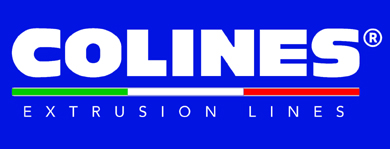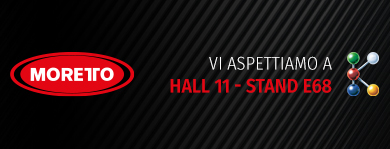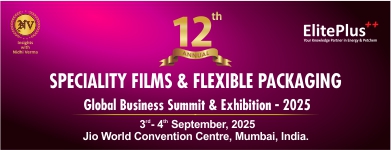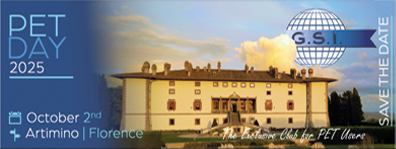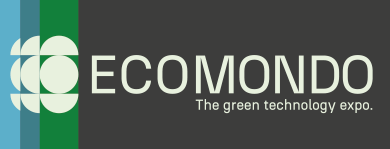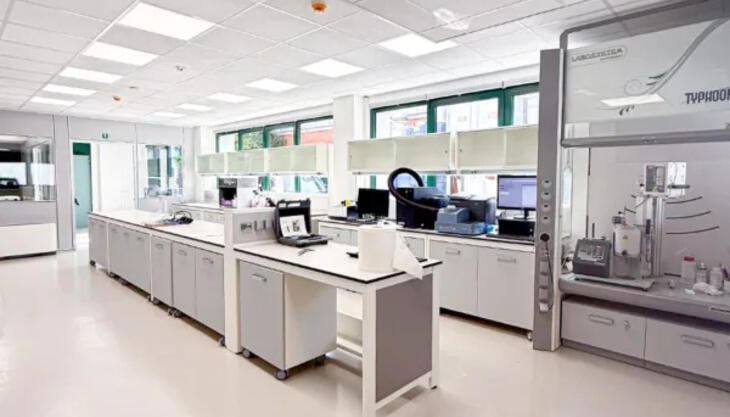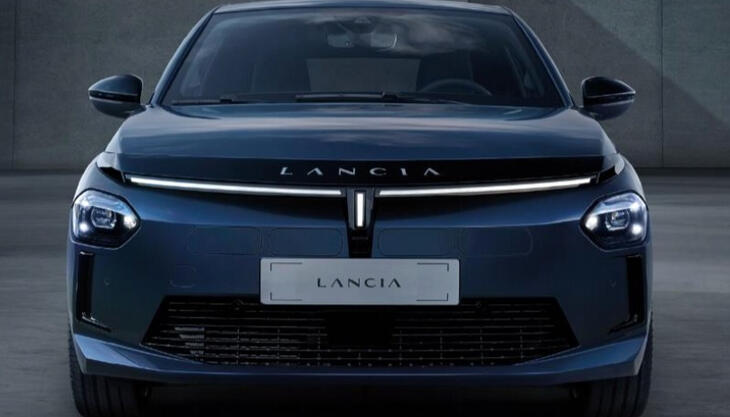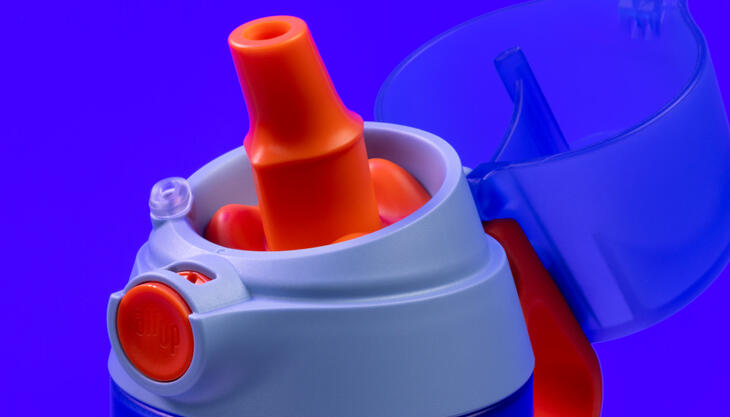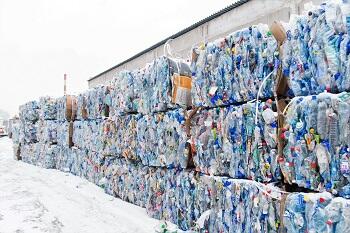
The global leader in the chemical industry, Sabic, announced the launch of its certified circular polycarbonate resin and blends made from the upcycling of post-consumer mixed plastic. This solution, based on advanced recycling, demonstrates Sabic’s ongoing commitment to drive towards a circular economy for plastics, by increasing the availability of more sustainable products. According to an internal Sabic LCA study, the certified circular polycarbonate offers a potential carbon footprint reduction up to 23% in comparison to its incumbent.
“In another significant contribution towards the development of a circular economy for plastics, we are proud to have developed a new solution that can help our customers to meet their sustainability targets and generate value by increasing the amount of recycled post-consumer mixed plastic they process,” said Abdullah S. Al-Otaibi, ETP & Market Solution General Manager at Sabic. “Sabic is continuously broadening its sustainability offerings, and in engineering thermoplastics (ETP) specifically, new solutions in our polycarbonate portfolio to help support our customers’ increasing needs for circular content and CO2 footprint reduction,” added Al-Otaibi.
Part of Sabic’s Trucircle portfolio of circular solutions, the certified circular polycarbonate is produced through the advanced recycling of post-consumer mixed plastic that could otherwise be destined for incineration or landfill. Through a process called pyrolysis, difficult-to-recycle used plastic is broken down into a liquid called pyrolysis oil. This is then used as a feedstock to create certified circular building blocks for high-performance plastics with the same properties as the virgin material - in this case, polycarbonate.
Polycarbonate - more specifically Lexan resin - forms part of Sabic’s extensive ETP portfolio including PC blends such as Cycoloy and Xenoy resins. Customers across industries - such as electric and electronic, automotive, healthcare, B&C and consumer goods - may use the certified circular polycarbonate under identical process conditions to those used for its incumbent.
The polycarbonate is certified by an independent third party under the International Sustainability and Carbon Certification (ISCC PLUS) scheme using a standardized mass balance approach, which provides a method of asserting the recycled material content along predefined and transparent rules. In addition, the widely recognized ISCC PLUS accreditation provides traceability along Sabic’s physical-linked supply chain, from the feedstock to the final product, requiring a chain of custody based on the mass balance system.





